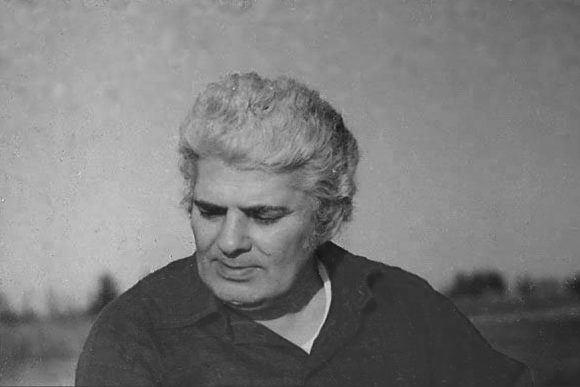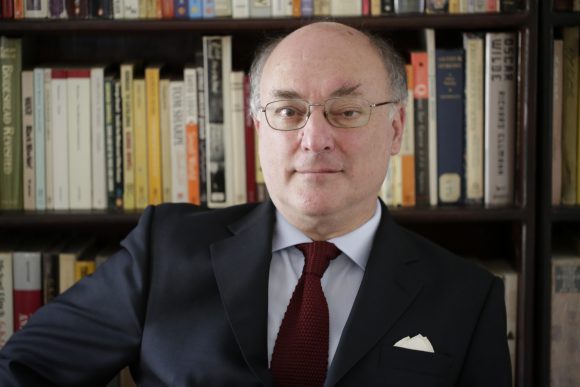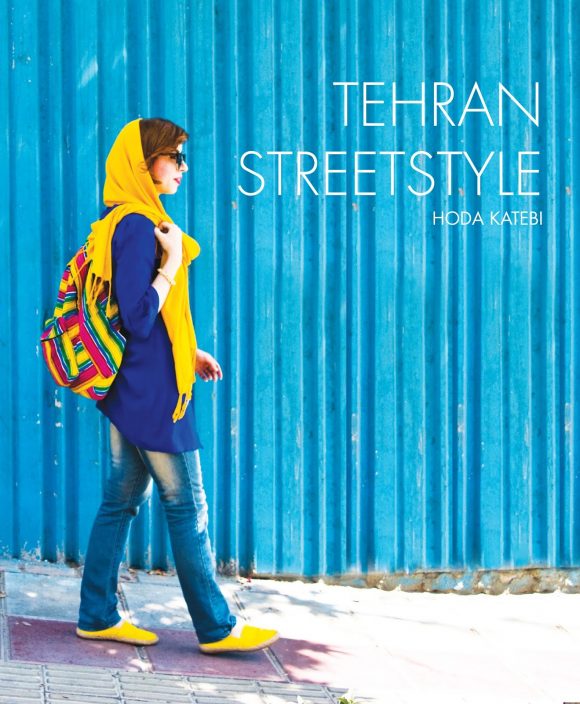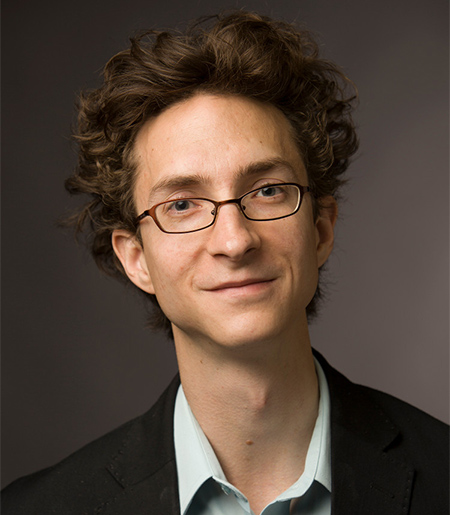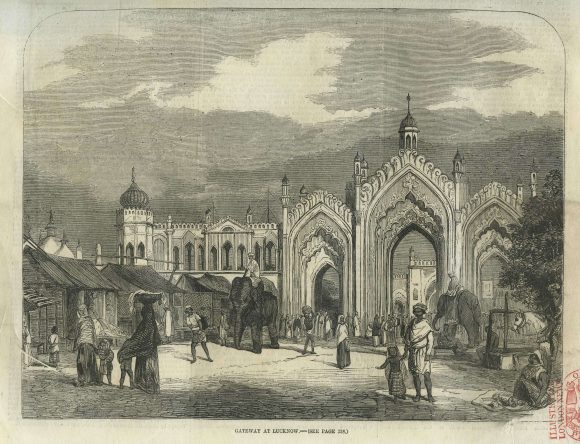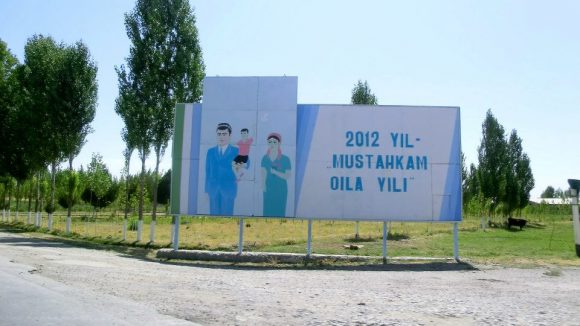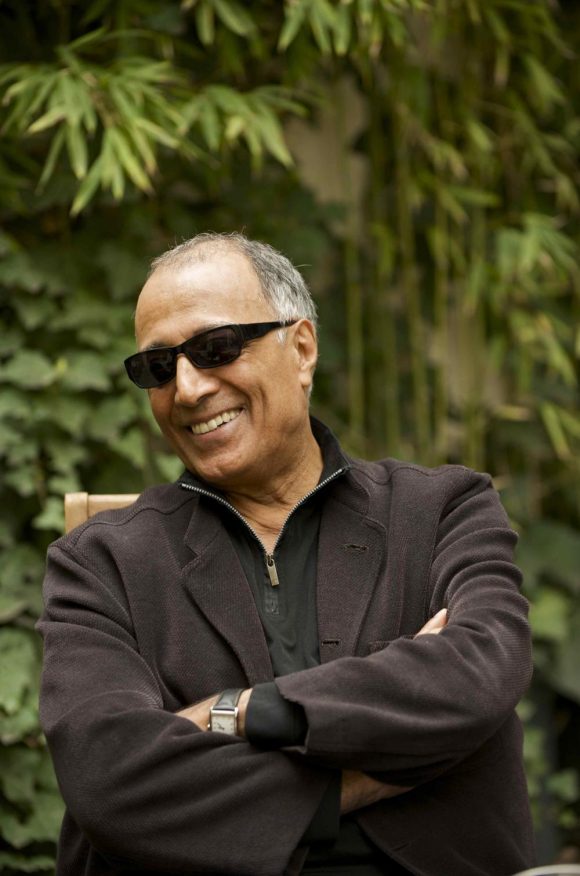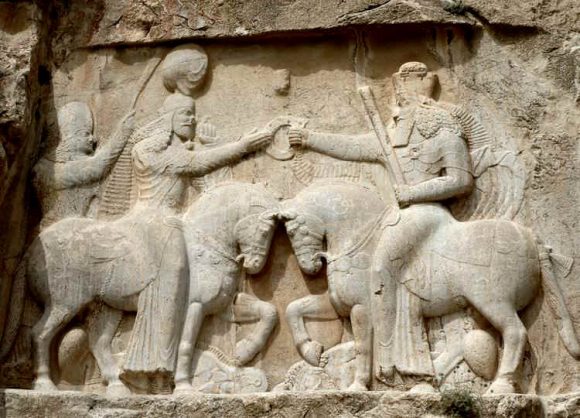October 26th: Prof. Houchang Chehabi
با سلام
این هفته انجمن سخن فارسی در دانشگاه شیکاگو تقدیم می کند سخنرانی ای به زبان فارسی:
“نظام جدید لباس مردان در عهد رضا شاه”
سخنران ما در این جلسه استاد هوشنگ شهابی از دانشگاه بوستون است
پنجشنبه ۲۶ اکتبر ۲۰۱۷
ساعت: ۵:۰۰ تا ۶:۳۰
This week, Persian Circle at the Univeristy of Chicago presents a talk in Persian:
“Reza Shah’s Dress Reforms”
Our speaker is Professor Houchang Chehabi, Professor of International Relations and History, Boston University
(https://www.bu.edu/pardeeschool/profile/houchang-e-chehabi/)
Thursday 26 October 2017
5pm-6.30pm
Pick Hall, Room 218
University of Chicago
5828 S. University Avenue
Chicago, IL 60637
Prof. Chehabi will give a second talk, in English, on Friday 27th October at 4:30pm (Saieh Hall, Room 105 58th Street and University) on:
“The Legal Situation of Religious Minorities in the Islamic Republic of Iran”
Abstract: The constitution and the legal codes of the Islamic Republic of Iran differentiate between citizens on the basis of their religious affiliation. In this talk, the evolution of the legal situation of those citizens that are not Twelver Shiites of the official Usuli school is analyzed on the basis of official documents.
We hope to see you there!
Shaahin
October 19th: Hoda Katebi
Bā salām,
Friends and colleagues, this week, the University of Chicago’s Persian Circle are very pleased to be hosting author and political fashion blogger Hoda Katebi, who will be giving a talk entitled:
Now Trending: The Politics of Fashion in Tehran
[This talk will be in English]
Thursday 19th October, 5-6.30pm, Pick Hall 218
(5828 S. University Ave, Chicago, IL 60637)
Talk abstract: Fashion is political; it reflects gender norms, production methods, and can map political tensions onto the body. And in Iran, the world of fashion is infinitely more complicated. Through an exploration of the underground fashion scene and the new government-approved modeling agencies in Tehran, we will examine the intimate intersections of fashion, feminism, gender, and the nation in modern-day Iran.
Hoda Katebi is a Chicago-based Muslim-Iranian author, community organizer, and political fashion blogger. Her blog JooJoo Azad (http://www.joojooazad.com/) has been praised from NPR to Teen Vogue and renders fashion political and politics, radical. In 2016 she published the book Tehran Streetstyle, the first-ever in-print collection of streetstyle photography from Iran aimed to challenge both Western Orientalism and domestic Iranian mandatory dress codes. Hoda’s work has been featured across various media outlets internationally.
Be omīd-e dīdār,
Shaahin
October 12th: Kimia Maleki
تجزیه ی ساکن
[This talk will be in Persian]
October 5th: Prof. Andrew Hicks
Salaam dustaan,
This week, the University of Chicago’s Persian Circle are fortunate to host Andrew Hicks (Associate Professor of Music and Medieval Studies, Cornell University ) for a talk entitled:
“Musical agency in Ghaznavid court poetry” [this talk in English]
Please join us this Thursday 5th October for what promises to be a fascinating talk!
5:00-6:30pm
Pick Hall 218
5828 S. University Ave
Chicago, IL 60540
Professor Hicks’ research focuses on the intellectual history of early musical thought from a cross-disciplinary perspective that embraces philosophical, cosmological, scientific and grammatical discourse in Late Antiquity and the Middle Ages, and spans the linguistic and cultural spheres of Latin, Greek, Persian, and Arabic. http://music.cornell.edu/andrew-hicks
Talk abstract: The divan of Farrukhī Sīstānī (d. 1037) teems with evocations of a lively Ghaznavid minstrel culture, a culture Farrukhī knew first-hand, as he was not only a court poet but was also, according to the Chahār maqāla, a “dexterous performer on the harp.” Though numerous studies document and detail the public, courtly persona of the Persian minstrel,the divan-e Farrukhī presents a much less studied aspect of Ghaznavid minstrelsy, namely, the minstrel’s private, erotic persona as the “moon-faced,” “silken-breasted” beloved; auditory beauty and visual beauty become semantically entwined and at times interchangeable. This study takes as its point of departure the lyric nasib to several of Farrukhī’s qasidas that describe intimate and manifestly erotic encounters between Farrukhī, the poet, and an (always unnamed) Turkish beloved, the minstrel. In recounting such erotic encounters, Farrukhī’s poetry affords us a glimpse into the formative stages of a still-living symbol that was to become, in later Persian poetry, “stock” poetic imagery: the beloved as “Turk”. A careful reading of Farrukhī’s poetry, with occasional glances to Manūchihrī and ‘Unṣurī, allows us to chart with more precision the emergence of this symbolic minstrel persona, which was rooted in the historical realities of the Ghaznavid court but came to resonate more broadly with the imagery of music and musical performance unique to the Persian poetic tradition.
Prof. Hicks will be giving a second talk on Friday 6th October @3:30pm, in the Fulton Recital Hall, entitled:
“Listening Vicariously: music and metaphor in medieval Persion Sufism”
Full details of Friday’s talk can be found here: https://music.uchicago.edu/page/music-colloquium-series
Be omid-e didar,
Shaahin
September 28th: Zach Winters
Farsi-guyan-e mohtaram-e Chicago,
Salam va khosh amadid be aghaz-e fasl-e jadid!
Please join us for the first Persian Circle of the quarter! Zach Winters (NELC) will be giving a talk (in Persian) on Thursday, September 28 at 5-6.30pm in Pick 218, entitled:
آداب و نواب: فرهنگ فارسی زبانان در لکهنو
Zach Winters is a second year PhD student in the NELC department. He studied Mughal Persian in Lucknow, India, over the summer. He will talk about his experiences there, as well as his observations and insights into the history of Persianate culture in Lucknow.
Thursday, September 28th
5–6.30pm in Pick Hall 218
(5828 S. University Ave, Chicago, IL 60637)
There will be tea, biscuits, and minimal ta’arof.
Be omid-e didar,
Shaahin
May 23rd: August Samie on Uzbekistan
انجمن سخن فارسی در دانشگاه شیکاگو
& the Turkish Circle present
a talk in English by August Samie (NELC) on talk on Tuesday, May 23 at 4:30pm in Pick 218:
Modern Uzbeks: My Experience in Tashkent and Samarkand
ازبکان مدرن: تجربه من در سمرقند و تاشکند
Zamonaviy O’zbeklar: Tajribam Toshkent va Samarqandda
August Samie is a fourth-year doctoral student in NELC focusing on nation-building and historical memory. August first traveled to Uzbekistan in 2012 for research, then returned in the summer of 2013 as an interpreter for ASU’s summer intensive program in Persian and Uzbek. His talk brings together Persian Circle and Turkish Circle to discuss a brief history of this Persianate country, his time working in Tashkent and Samarqand, and some perspectives of how young Uzbeks view their nation. This talk will feature images and media from Uzbekistan.
There will be pizza, tea & sweets!
Tuesday, May 23
4:30 – 6pm in Pick Hall 218
(5828 S. University Ave, Chicago, IL 60637)
See you there!
Alexandra, Julia, and Mariel
May 16: Mehrnaz Saeed-vafa on Abbas Kiarostami
Please join us for a Persian Circle talk on Tuesday, May 16 at 4:30pm with filmmaker Prof. Mehrnaz Saeed-Vafa (Columbia College, Chicago):
کوتاهترین راه
The Shortest Way
Mehrnaz Saeed-Vafa is a filmmaker and a professor in the Cinema and Television Arts Department at Columbia College Chicago. She has written extensively on Iranian cinema and has published her book on Abbas Kiarostami co-written with Jonathan Rosenbaum in 2003. In this talk, she will review Kiarostami’s career and his significance in world cinema. She will focus on some of his films including, Close-Up, The Traveler, Taste of Cherry, and The Wind Will Carry Us.
*This talk will be in Persian*
Tuesday, May 16, 2017
4:30 – 6pm in Pick Hall 218
(5828 S. University Ave, Chicago, IL 60637)
May 9: Prof. Giusto Traina
انجمن سخن فارسی در دانشگاه شیکاگو
Please join us for a Persian Circle talk on Tuesday, May 9 at 4:30 PM with Dumanian Visiting Professor Giusto Traina (University of Paris-Sorbonne):
“Ardaxshīr I: The Armenian File”
When it comes to consider the Armenian sources, many Iranologists still follow the attitude of Arthur Christensen: although apparently neutral, the great Danish scholar made actually use of them the least possible. The Armenian evidence is suspect, not only because these texts are not contemporary, but also because they reflect a different perspective. In this paper, Prof. Traina will present the particular case of the rise of the Sasanians. The ‘Armenian file’ on this event consists of several passages of Agat‘angełos and Movsēs Xorenac’i, the main local sources for the history of ancient Armenia, and in a Greek text translated from Armenian but inspired by Pahlavi literature, the so-called Romance of Artawan and Artašir.
*This talk will be in English*
Tuesday, May 9
4:30 – 6pm in Pick Hall 218
(5828 S. University Ave, Chicago, IL 60637)
There will be tea&sweets!
See you there,
Alexandra
May 2nd: Saeed Yousef
Salaam! Please join us for an exciting Persian Circle talk on Tuesday, May 2nd at 4:30 pm with our own Saeed Yousef:
مخالف. زندانی. فراری. پناهنده.
گزارش یک شاعر
Dissident. Prisoner. Fugitive. Refugee.
A Poet’s Account.
سعید یوسف دربارۀ زندگی در ایران پیش از انقلاب و پس از آن سخن میگوید و نمونههائی از شعرهائی را که در هر مرحله از این راه سروده است میخواند
Saeed Yousef talks about life in Iran before and after the revolution and reads some examples of his poems from different stages of this journey.
This talk will be in Persian.
There will be tea & sweets!
Tuesday, May 2nd
4:30 – 6 pm, Pick Hall 218
(5828 S. University Ave, Chicago, IL 60637)
Be omid-e didaar,
Alexandra
